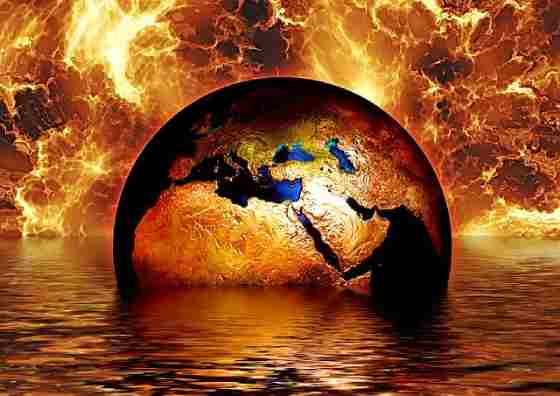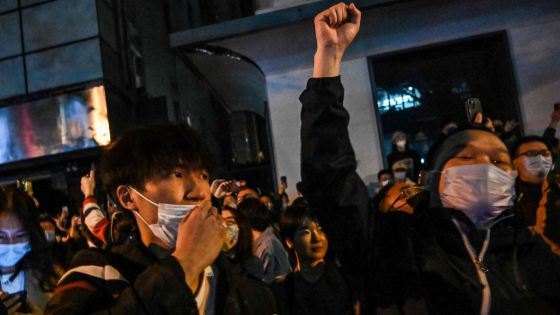On the debates regarding the “decolonization” of Russia
 Since the full-scale invasion of Ukraine in 2022, the debate about “decolonizing” Russia has moved rapidly from the realm of academia and cultural criticism to that of actual politics. Demands to “decolonize Russia” are voiced by opposition activists from Russia’s “national republics” (such as Buryatia or Bashkortostan) as well as from Ukrainian and some European […]
Since the full-scale invasion of Ukraine in 2022, the debate about “decolonizing” Russia has moved rapidly from the realm of academia and cultural criticism to that of actual politics. Demands to “decolonize Russia” are voiced by opposition activists from Russia’s “national republics” (such as Buryatia or Bashkortostan) as well as from Ukrainian and some European […]
Since the full-scale invasion of Ukraine in 2022, the debate about “decolonizing” Russia has moved rapidly from the realm of academia and cultural criticism to that of actual politics. Demands to “decolonize Russia” are voiced by opposition activists from Russia’s “national republics” (such as Buryatia or Bashkortostan) as well as from Ukrainian and some European politicians. Among Russian opposition emigrants, reflections on the causes of the invasion have also led to a search for its foundations in the country’s imperial past. At the same time, the issue of “decolonization” occupies an important place in the rhetoric of the Russian authorities: on the one hand, Vladimir Putin views “separatism” as the main threat to national security, and on the other, he calls on the countries of the Global South to fight against “Western colonialism”.






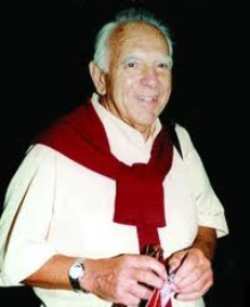 La Quarta Internazionale (e per certi versi l’intero trotskismo italiano) dal dopoguerra in poi in Italia si è riconosciuta in Livio Maitan (Venezia 1923-Roma 2004). Livio, di cui in queste settimane ricorre il centenario della nascita, è stato un militante rivoluzionario marxista attivo, sul piano politico e su quello teorico per quasi sessant'anni, fino alla sua morte, nel dibattito e nell’azione del movimento operaio italiano ed internazionale.
La Quarta Internazionale (e per certi versi l’intero trotskismo italiano) dal dopoguerra in poi in Italia si è riconosciuta in Livio Maitan (Venezia 1923-Roma 2004). Livio, di cui in queste settimane ricorre il centenario della nascita, è stato un militante rivoluzionario marxista attivo, sul piano politico e su quello teorico per quasi sessant'anni, fino alla sua morte, nel dibattito e nell’azione del movimento operaio italiano ed internazionale.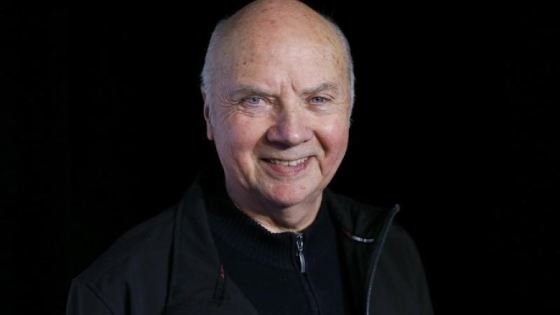
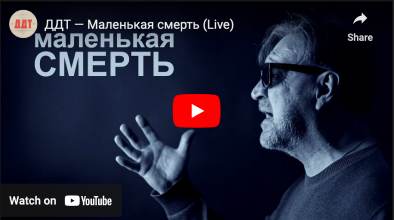 Since Russia invaded Ukraine four months ago, over 16,000 people have been detained or arrested for protesting the war, the independent police-monitoring website OVD-info reports.
Since Russia invaded Ukraine four months ago, over 16,000 people have been detained or arrested for protesting the war, the independent police-monitoring website OVD-info reports.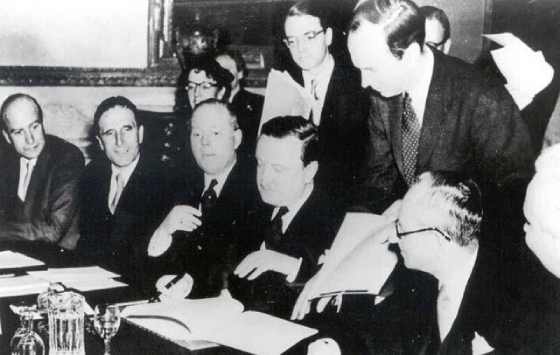
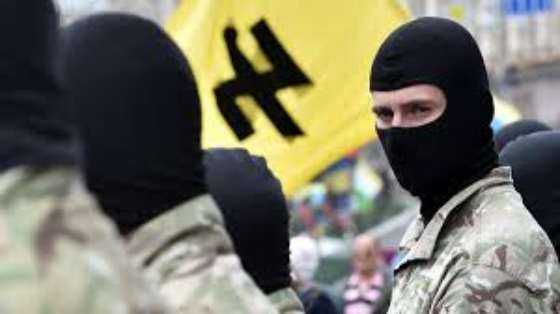
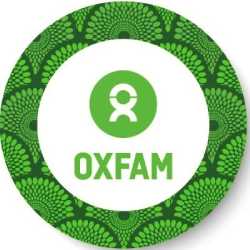 According to a new report published by Oxfam, the richest 1 percent grabbed nearly two-thirds of all new wealth worth $42 trillion created since 2020, almost twice as much money as the bottom 99 percent of the world’s population, reveals a new Oxfam report today. During the past decade, the richest 1 percent had captured around half of all new wealth. .
According to a new report published by Oxfam, the richest 1 percent grabbed nearly two-thirds of all new wealth worth $42 trillion created since 2020, almost twice as much money as the bottom 99 percent of the world’s population, reveals a new Oxfam report today. During the past decade, the richest 1 percent had captured around half of all new wealth. . 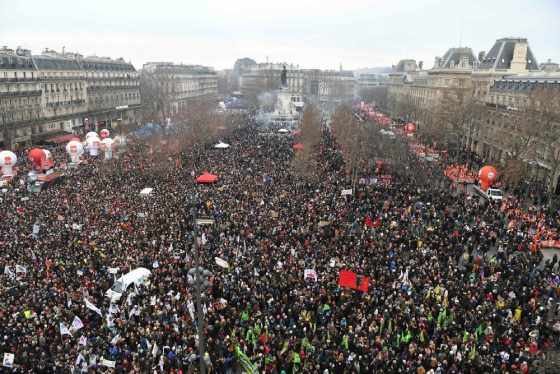
 Les chiffres de grève et de manifestations sont historiques, avec 1,2 million de manifestantEs selon la police, plus de deux millions selon l’intersyndicale, des taux de grève très importants (ainsi plus de 70 % dans l’éducation), des mobilisations massives dans les villes. 50 000 à Bordeaux et à Toulouse, 20 000 au Mans, 3500 à Alençon, 4000 à Compiègne, 20 000 à Nice, 7000 à Agen et Montauban, 4000 à Gap, 15 000 à Avignon, 50 000 à Nantes, 10 000 à Saint-Nazaire, 20 000 à Rouen, 35 000 au Havre, 15 000 à Bayonne et Pau, 13 000 à Quimper, 13 500 à Brest, 11 000 à Angoulême, 10 000 à Poitiers, 13 000 à Angers, et bien entendu plusieurs centaines de milliers à Paris (bien loin des 80 000 annoncés par le ministère de l’Intérieur)…
Les chiffres de grève et de manifestations sont historiques, avec 1,2 million de manifestantEs selon la police, plus de deux millions selon l’intersyndicale, des taux de grève très importants (ainsi plus de 70 % dans l’éducation), des mobilisations massives dans les villes. 50 000 à Bordeaux et à Toulouse, 20 000 au Mans, 3500 à Alençon, 4000 à Compiègne, 20 000 à Nice, 7000 à Agen et Montauban, 4000 à Gap, 15 000 à Avignon, 50 000 à Nantes, 10 000 à Saint-Nazaire, 20 000 à Rouen, 35 000 au Havre, 15 000 à Bayonne et Pau, 13 000 à Quimper, 13 500 à Brest, 11 000 à Angoulême, 10 000 à Poitiers, 13 000 à Angers, et bien entendu plusieurs centaines de milliers à Paris (bien loin des 80 000 annoncés par le ministère de l’Intérieur)…
